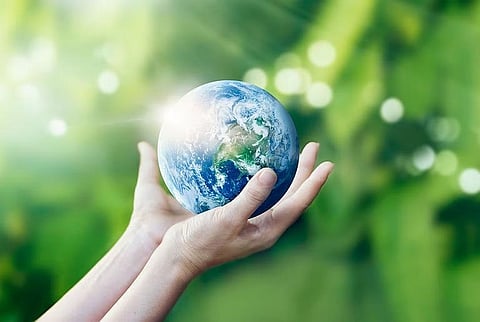Massive Ramp Up in Clean Energy Investment Needed Annually, Purpose/& Analysis Reveals
The Paris-based International Energy Agency, founded in 1974 as a forum for energy cooperation, has just published its 2023 update for its Net Zero Roadmap, with a global pathway to reach net zero by 2050 – which, so the body advises, would uphold the global warming goal of not exceeding a further 1.5°C above pre-industrial levels.
Needless to say, temperatures have hit records around the world this year.
The Intergovernmental Panel on Climate Change (IPCC; www.ipcc.ch) has recently described the dangers of exceeding this target. Slightly warmer – say, half a degree above the 1.5°C target – would result in much more extreme weather, more often, more intense, and/or more extended in duration.
At all levels – local, regional, national, and global – this would be disastrous.
However, there is room for optimism. The current situation is summarised by IEA as: “The path to 1.5°C has narrowed, but clean energy growth is keeping it open.”
The UAE is not a member of IEA; currently, the body counts 31 member countries, 13 association countries, and 4 accession countries, all of which advocate policy globally.
In July 2023, IEA argued that “Climate resilience is key to energy transitions in the Middle East and North Africa.” The challenges of climate change are all encompassing, affecting economic growth and development, social welfare, and political security.
The MENA region is facing such challenges to a greater extent than other regions. Between 1980 and 2022, for example, temperatures across MENA rose by 0.46°C: well above the global average increase of 0.18°C. IAE scenarios for the MENA region highlight more extreme weather events on a more regular basis, both droughts and floods.
In the IEA report, their 2021 opinion of no new coal, gas, or oil developments is reiterated, but today there are heightened geopolitical concerns about energy supplies, as well as economic concerns of leaving stranded assets if current fossil fuel activities stop.
It is seemingly very difficult to separate climate and geopolitics. Purpose& would like COP28 to provide the collaborative opportunity for countries both to agree tougher plans for emissions and to commit significant short-term investment into clean energy.


